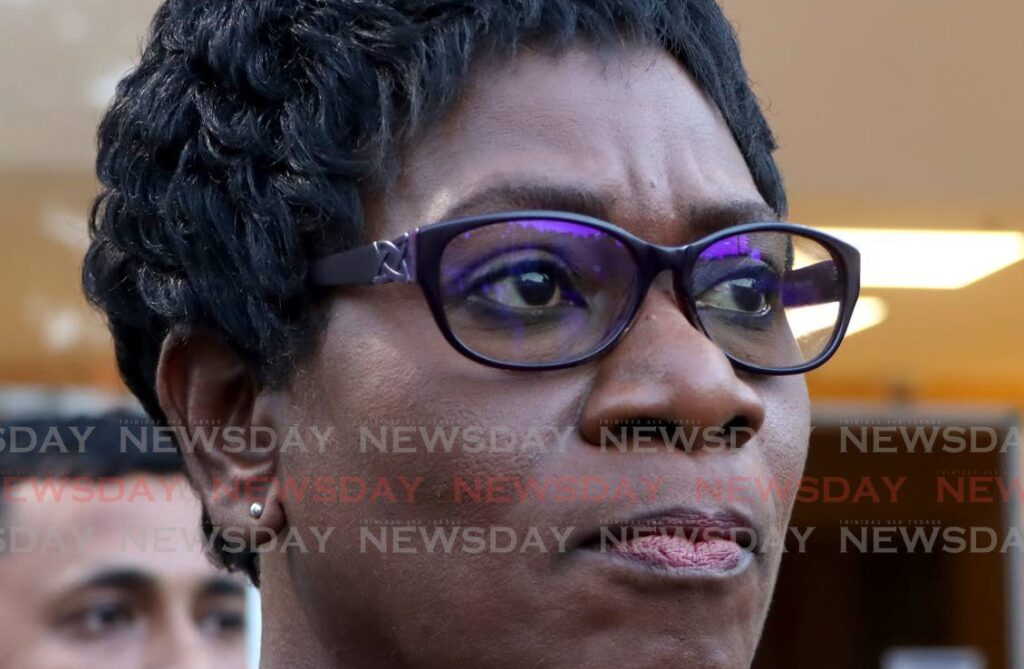Sun sets on SoE

THE STATE of emergency – the second called to deal with continued criminal activity – expires on April 13. All indicators suggest what started with a bang is likely to end with a whimper. When the measure was announced in December, it generated tremendous anxiety and concern. In contrast, as the curtain comes down, few might notice.
That says something about its impact.
Viewed from the perspective of the murder rate alone, it is possible to see the emergency as something of a success, albeit a modest one. The first three months of 2024 saw 141 murders, according to official police figures. In contrast, the murder toll was 100 for roughly the same period this year. That is a decrease of almost 30 per cent. Supporters will say just one life saved would have been worth it.
However, a similar period at the start of the 2011 SoE saw murders decline by 60 per cent, according to the government of the day.
Adding an even more dispiriting pall to the statistics is the disclosure by senior police that just 14 out of at least 49 people who were detained under emergency powers are to face charges. This, after three months.
Besides the risk of a surge in gang activity, the population was told it was the police that played an instrumental role in calling for the SoE. The measure was all about giving officers the “tools” they needed.
But the low proportion of charges to be laid among detainees suggests more of a fly-by-night measure, not a strategic one.
In fact, it is a supreme irony that the most prominent arrest during the emergency turned out to be that of Commissioner of Police Erla Harewood-Christopher – a shocking and highly controversial development that is still being litigated; her tenure is due to lapse in May.
The awkward trifecta of a state of emergency, the arrest of police leadership, and the dissolution of Parliament was certainly one for the history books. Citizens can at least breathe a sigh of relief that the SoE’s end eases that unwieldy, and dangerous, constitutional configuration.
But it also raises awkward political questions ahead of the April 28 general election, not the least of which relates to the parties’ anti-crime plans.
The PNM wants to reform the appointment of top cops. But it had ten years in office. The UNC wants to liberalise gun ownership and gun laws. But that shifts the burden from the state to the citizen.
The electorate will have to decide what, if anything, was achieved by the latest emergency. And they will have to look at the PNM and UNC and figure out what the actual difference is between 2011 and 2025.

Comments
"Sun sets on SoE"